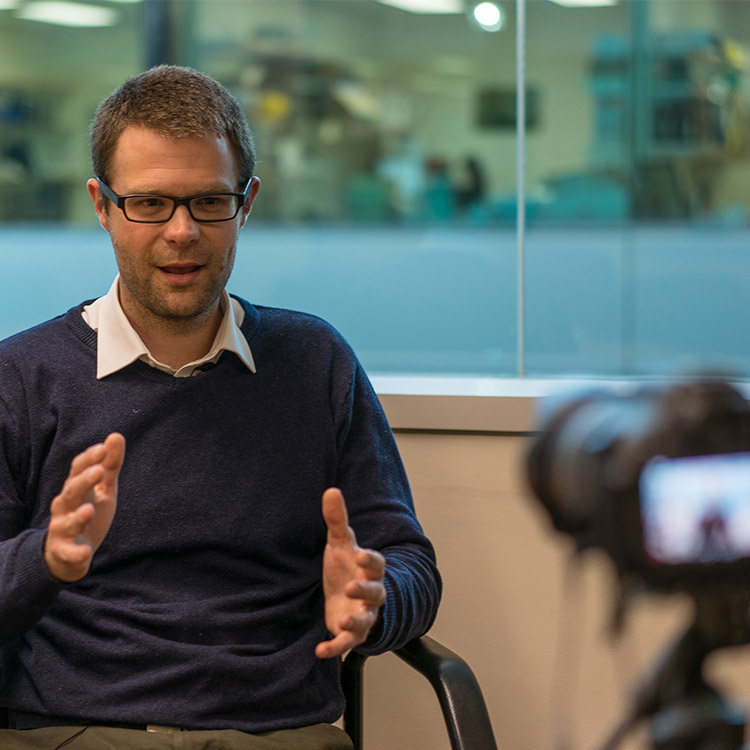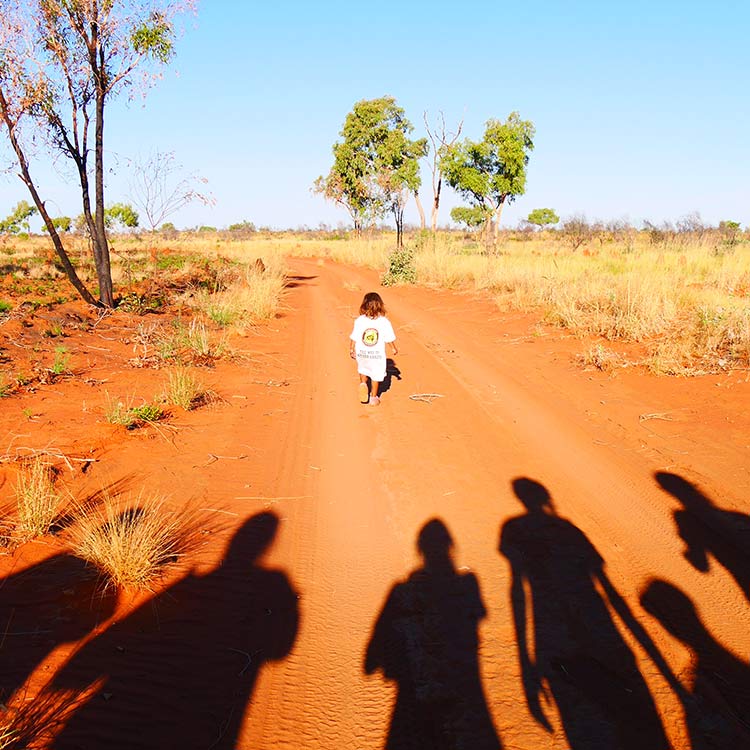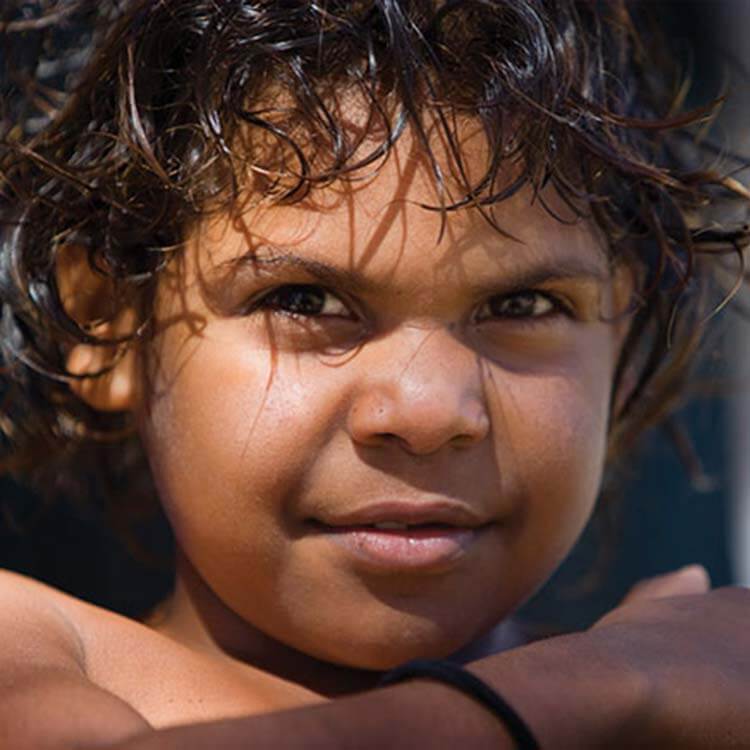Search
Research
Calculation of the age of the first infection for skin sores and scabies in five remote communities in northern AustraliaThe young age of the first infection with skin sores and scabies reflects the high disease burden in these communities
Research
Sulfamethoxazole-Trimethoprim (Cotrimoxazole) for Skin and Soft Tissue Infections Including Impetigo, Cellulitis, and AbscessWe conducted a systematic review of clinical trials and observational studies that address the utility of SXT for SSTI treatment, caused by either GAS or MRSA
Research
Impetigo and scabies - Disease burden and modern treatment strategiesRecent data on the epidemiology of impetigo and scabies and describe the current evidence around approaches to individual and community based treatment
Research
The global epidemiology of impetigo: A systematic review of the population prevalence of impetigo and pyodermaWe conducted a comprehensive, systematic review of the global childhood population prevalence of impetigo and the broader condition pyoderma.
Research
Der p 11 is a major allergen for house dust mite-allergic patients suffering from atopic dermatitisHouse dust mites (HDMs) belong to the most potent indoor allergen sources worldwide and are associated with allergic manifestations in the respiratory tract.
Research
The microbiology of impetigo in Indigenous children: associations between Streptococcus pyogenes, Staphylococcus aureus, scabies, and nasal carriagePrevalence and antimicrobial resistance of impetigo pathogens in a randomised, controlled trial of impetigo treatment conducted in remote Indigenous communities

News & Events
Skin infections send eight out of every 100 Aboriginal babies to hospitalIn a WA first, researchers from The Kids Research Institute Australia have shown that Aboriginal babies are 22.5 times more likely to be treated for skin infections than non-Aboriginal babies.

News & Events
The Kids researchers finalists in Premier’s Science AwardsThe Kids Research Institute Australia has two researchers and an innovative science engagement initiative as finalists in the 2017 Premier’s Science Awards.

News & Events
Top scientist recruited to WA for HOT NORTH FellowshipThe Kids has recruited Dr Timothy Barnett to embark on a Fellowship to help close gaps in health outcomes between Indigenous and non-indigenous kids

News & Events
$1 million funding boost to help Aboriginal kids with skin infectionsThanks to a $1 million funding grant, Dr Asha Bowen from The Kids Research Institute Australia is on track to change Aboriginal children's skin infection statistics.
